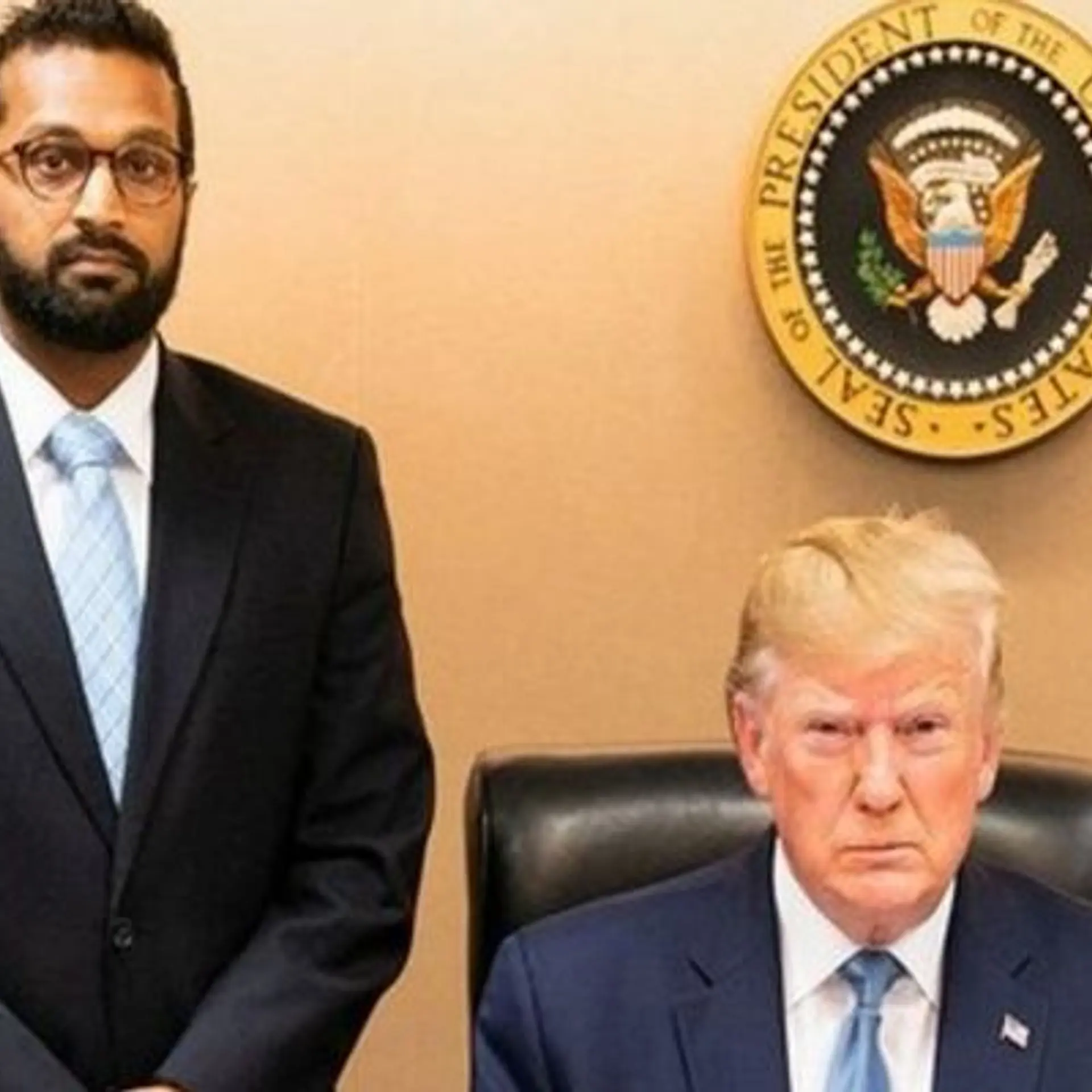The beginner’s guide to starting your very own podcast
Are you looking for a unique way to share your ideas and tell your story to a large audience? If yes, podcasts is the way to go. Today, people listen to podcasts more than they read blogs. You don't need to be a technical person to start your very own podcast. You just need to be internally committed to podcasting as it will take some time and effort to grow your base of listeners. If you want to develop a loyal listener base, you need to release episodes on a regular basis.

Image: Shutterstock
Podcasting is extremely fun and exciting. Here's how you can get it right from the word go:
Select a topic you're passionate about
Before you gather all your equipment in place and hit the record button, you need to give serious thought to why you want to start podcasting in the first place. Start by figuring out the topics on which you can talk naturally and endlessly. Do a test show with no notes or preparation whatsoever. If your selected niche is too crowded, opt for a sub-niche that has a more targeted audience.
Brand your podcast
After you've chosen a set of specific topics, start writing the rough drafts for your podcasts. Just like a product or service, your podcast is its own brand. Your first step of branding should be choosing a good name. Pick something that is memorable and self-explanatory. Descriptive names work better than overly creative or abstract names. Your brand name will get your audience to tune in before they get hooked to your ground-breaking content.
Segregate your content
The most important aspect of any podcast is its content. Podcasts also follow the simple marketing rule of 'content is king'. Create a table of the topics you will cover week after week. As soon as an idea strikes, note it down and use it for an upcoming episode. Flow of conversation, personality, and overall engagement will determine how successful your podcasts are.
Get personal
The best part about podcasts is that they allow you to connect with your audience on a more personal, deeper level. You can even use podcasts to tell personal stories relating to the topic of that particular episode. Showing your vulnerable side will make your shows more relatable and will help you develop your reputation as an honest podcaster.
Learn simple audio editing
You can hire someone to edit your audio files if you have the budget, or you can do it yourself if you don't want to invest just yet in a professional sound editor. There are several free audio editing tools online which you can use to edit, enhance, and compress your audio files.
When you're talking on the mic for the first time, it is easy to clam up and get self-conscious. Use the above-mentioned techniques to prepare yourself well in advance before you start recording for your first episode.
Read Also: Podcasts are the new monetised blogs. Here’s how you can get in on it







